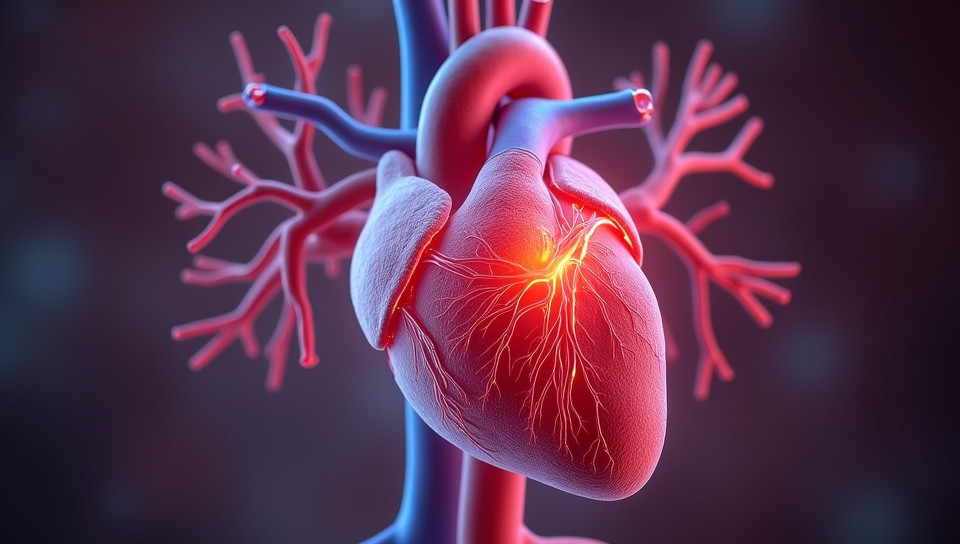Intermittent normoxia does not cause cardiac tissue damage 52%

Intermittent Normoxia and Cardiac Health: A Closer Look
For years, researchers have been studying the effects of intermittent normoxia on various physiological processes in the body. But what exactly is intermittent normoxia? In simple terms, it refers to periods of normal oxygen levels (normoxia) followed by periods of low or high oxygen levels (hypoxia or hyperoxia). Recent studies have sparked interest in understanding its impact on cardiac health.
The Impact of Intermittent Normoxia on Cardiac Tissue
One of the primary concerns when it comes to intermittent normoxia is whether it causes damage to cardiac tissue. Studies have investigated this topic, and the results are intriguing.
- Reduced oxidative stress: Intermittent normoxia has been shown to reduce oxidative stress in cardiac cells.
- Improved mitochondrial function: Normoxic-hypoxic cycles can improve mitochondrial function, which is essential for energy production in cardiac tissue.
- Enhanced cellular adaptation: The body's adaptive response to intermittent normoxia may lead to increased resistance against ischemic injury.
Mitochondrial Biogenesis and Intermittent Normoxia
Mitochondria are the powerhouses of cells, and their biogenesis (production) is crucial for maintaining cardiac health. Research suggests that intermittent normoxia can stimulate mitochondrial biogenesis in cardiac tissue, leading to improved energy metabolism and reduced oxidative stress.
Conclusion
In conclusion, the available evidence suggests that intermittent normoxia does not cause cardiac tissue damage but may even have protective effects on the heart. By understanding how intermittent normoxia influences cardiac health, we can develop new strategies for maintaining cardiovascular well-being and preventing diseases such as heart failure. Further research is needed to fully elucidate the mechanisms behind these findings, but the current evidence is promising.
- Created by: Thiago Castillo
- Created at: Nov. 2, 2024, 3:33 p.m.
- ID: 15387







